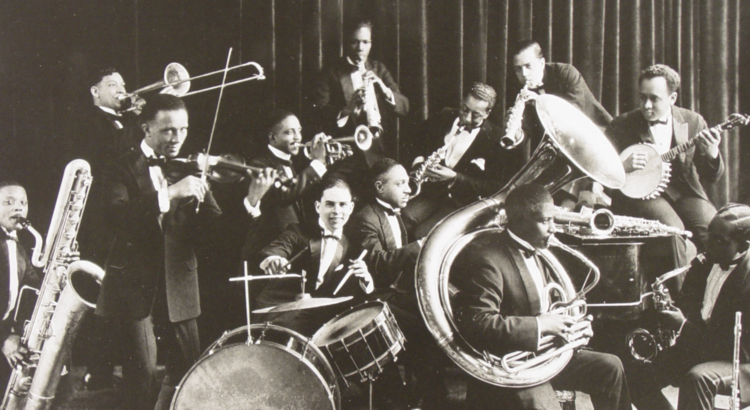On the night of Wednesday the 29th, sixteen students affiliated with the Lloyd Hall Scholars Program (current and alumni) stepped up in front of a full crowd in Lloyd’s Barner Lounge of other LHSP students and staff to read poetry. There was a mix of nine original works with seven interpretive works of other poets, and altogether, it was a great night of poetry. Out of respect for the original works, I do not have any lines from those pieces, but will link to the interpretive pieces as available.
I (to my own surprise) started the night off with current UM professor Laura Kasischke’s “Game,” but I couldn’t objectively tell you how my performance went due to forgetting some of my memorized lines. Regardless, one of my favorite parts of the piece reads: “She shouted my name, which, even as a child I knew was not ‘Stop. Please. I’m Dying.'” Next, current LHSP student leader Rhea Cheeti recited Lily Myers’ “Shrinking Women” with a powerful voice to mimic the powerful words.

Original works interweaved nicely with interpretive works: after a few interpretive pieces, students read their own original works. One of the earlier yet highly notable original pieces was Mary Oseguera’s “They don’t call it Mexi-coke in Mexico,” a gorgeously written piece with a refrain on the speaker’s experience with the descriptor “Hispanic.” My description of her piece wouldn’t dare come close to how amazing her words and recitation were. Alyson Grigsby read a piece “pages 131-133) from Claudia Rankine’s incredible book Citizen, one of the most important works of American poetry available to the public today:
“You imagine if the man spoke to you he would say, it’s okay, I’m okay, you don’t need to sit here. You don’t need to sit and you sit and look past him into the darkness the train is moving through. A tunnel. / All the while the darkness allows you to look at him. Does he feel you looking at him? You suspect so. What does suspicion mean? What does suspicion do?”
Next, a few students read their original works and Josh Segal read Rachel McKibbens’ “Selachimorpha.” Another one of my personal favorites was Hannah Rhodenhiser’s “I Wrote You A Poem for Christmas,” a refreshing love poem. It made my heart smile, and I hope it made the rest of the audience feel just as warm. Olivia Anderson read “On the Corner of Ann and Observatory,” which had a mysterious feel to it despite the title being located where we all sat in that moment. Allison Taylor’s “Poison” was a treat for the audience – instead of just reading the poem, she sang it while playing her acoustic guitar. Her talents are real.

Dhriti Deb read “The Gaffe” by CK Williams and before Dominique Witten closed the event with an original piece titled “They are not Children,” Laura Dzubay read Katie Makkai’s “Pretty.”

The event was excellent and, as advertised, full of poetry. Original works were plentiful and strong – as were the voices of their writers. As for the students who interpreted works by other poets, I was impressed. Their voices and performative skills were impeccable, and I thoroughly enjoyed listening to everybody’s works and being in a setting devoted to the enjoyment of poetry.
Winners will be announced on April 12th, at LHSP’s End-Of-Year Festival (or more recently referred to as LHSP’S LHSP: Last Hurrah for Student Projects, coined by the performance event’s emcee, Emily Miu) held at Couzens. I’m looking forward to seeing the joy on the winners’ faces, whoever they may be!




